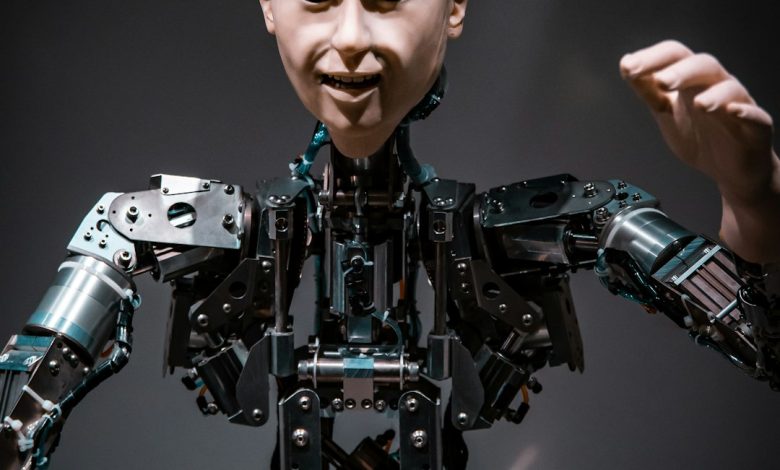The Future of Artificial Intelligence: Opportunities and Ethical Considerations in Today’s World

As the world continues to embrace technological advancements, the future of artificial intelligence (AI) emerges as a pivotal topic for businesses and individuals alike. AI technology is evolving at a rapid pace, changing not only how we interact with devices but also how we approach everyday tasks. Understanding the significance of AI in our lives can help us make informed decisions regarding its utilization and integration.
Businesses across all sectors are experiencing a transformation due to AI. Organizations use AI to analyze data swiftly, enabling better-informed decision-making. Companies harness machine learning algorithms to predict customer behavior and refine marketing strategies, fostering more personalized experiences. This data-driven approach helps businesses stay ahead of the competition and respond better to market demands.
Moreover, AI applications extend beyond marketing. In healthcare, AI-powered systems assist doctors in diagnosing diseases earlier and more accurately. By processing vast amounts of medical data, AI tools can identify patterns and suggest treatments, improving patient outcomes. The impact of AI on healthcare not only enhances the quality of care but also streamlines administrative processes, increasing efficiency.
In the realm of finance, AI drives innovation by automating trading processes and improving fraud detection. Financial institutions leverage AI algorithms to analyze transaction data in real time, identifying potentially fraudulent activities swiftly. This proactive approach not only protects assets but also helps build trust among customers, showcasing the financial sector’s commitment to security.
Education also benefits from AI advancements. Educational institutions adopt intelligent tutoring systems to personalize learning experiences for students. These systems adapt to individual learning paces and styles, ensuring that every student receives the attention they need. The result is a more effective and engaging educational environment where students can thrive.
Furthermore, consumer products are becoming smarter thanks to AI integration. Smart home devices now utilize AI for enhanced convenience and energy efficiency. From learning user preferences to optimizing energy consumption, these devices make everyday life more manageable and environmentally friendly.
As AI continues to evolve, ethical considerations remain a crucial aspect of its development. Discussions surrounding data privacy, bias in algorithms, and the implications of automation on employment highlight the need for responsible AI practices. Establishing clear guidelines and regulations will ensure that AI technology benefits society as a whole while minimizing potential risks.
In conclusion, embracing artificial intelligence presents numerous opportunities across various sectors. From improving business operations to enhancing personal experiences, AI shows immense promise. As we navigate this rapidly changing landscape, staying informed about AI advancements and their implications will empower us to harness their full potential. The future of AI is bright, and those who adapt will undoubtedly reap the rewards of this technological revolution.

